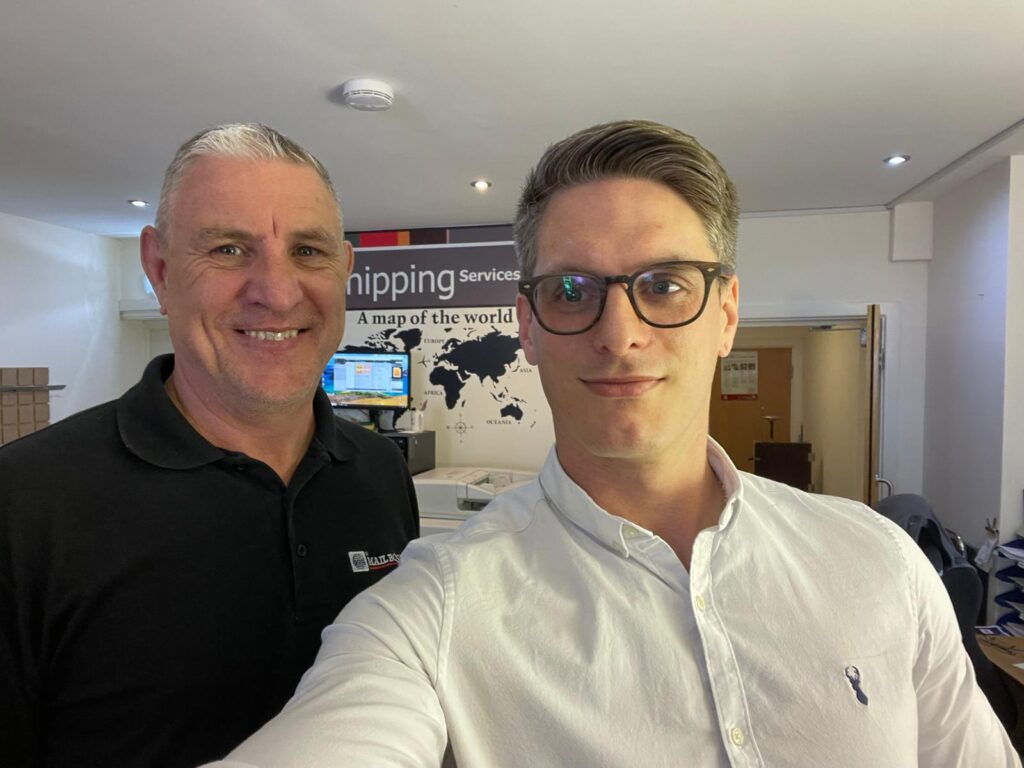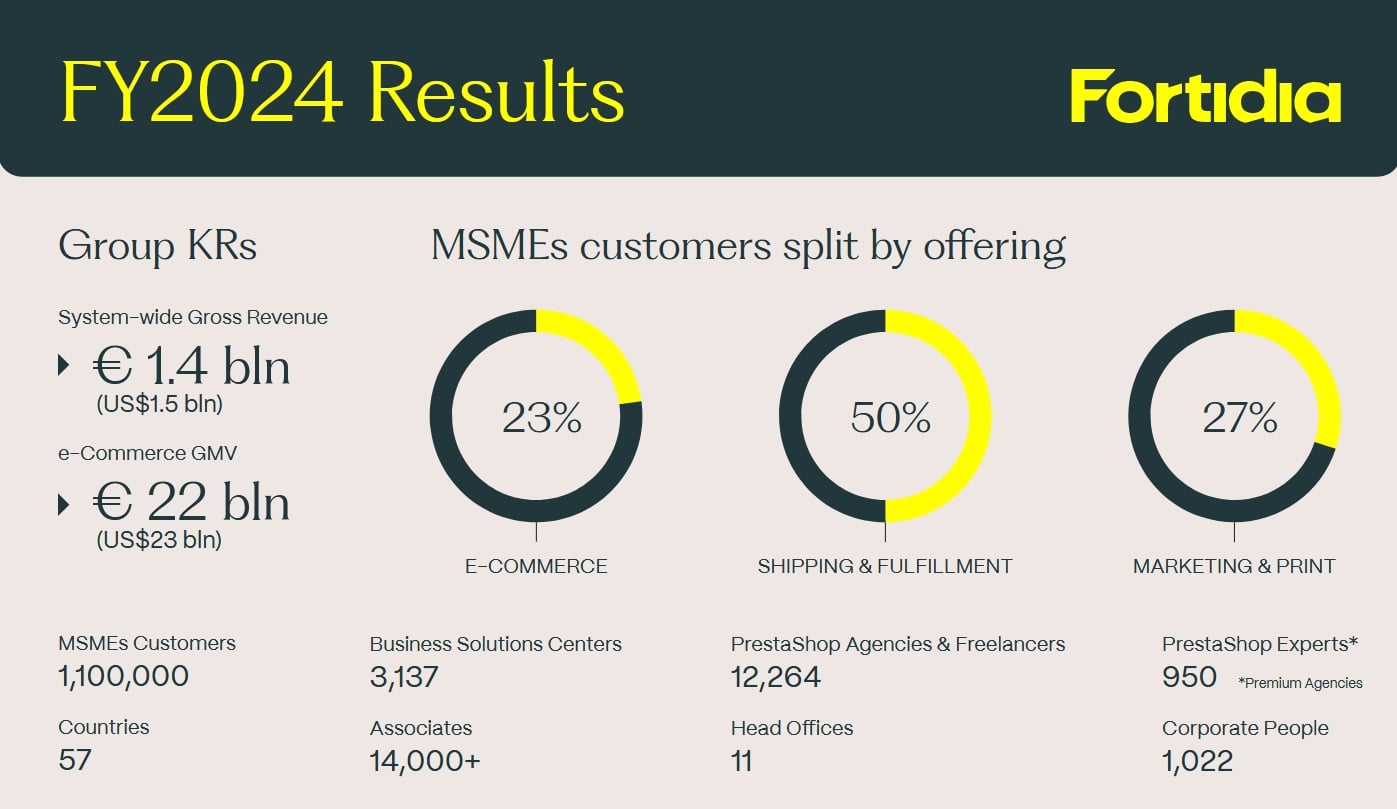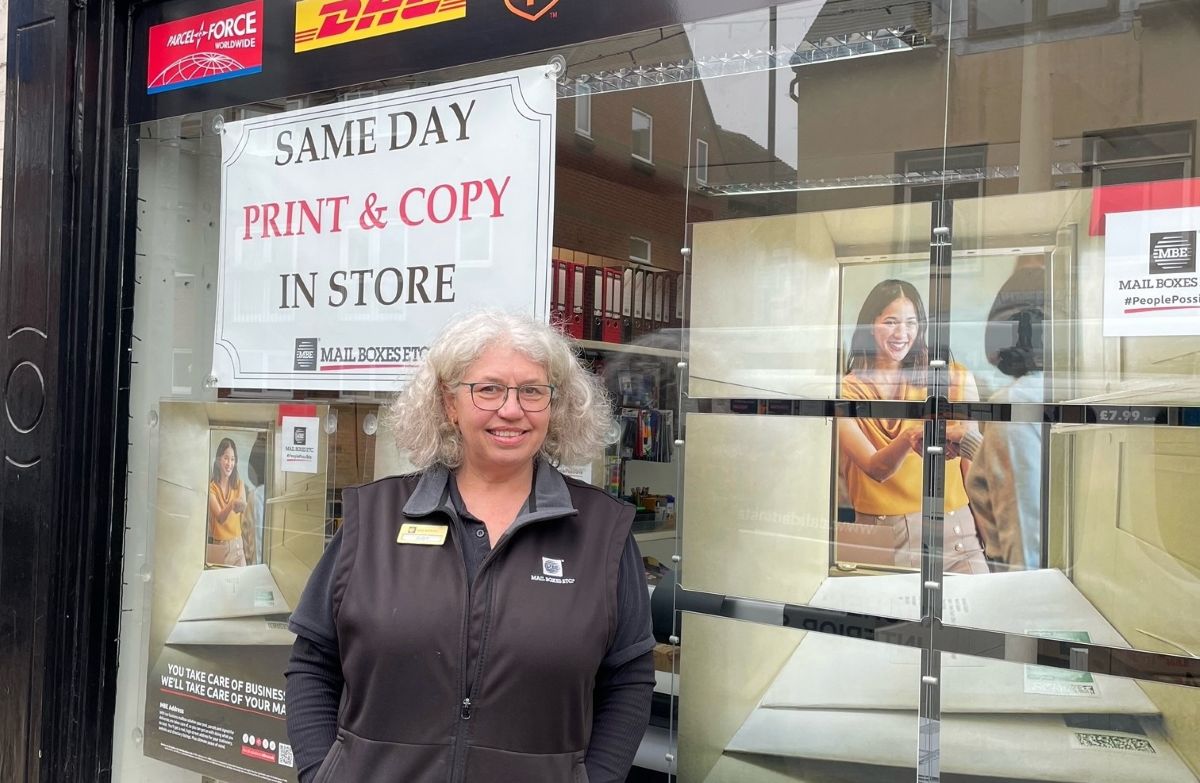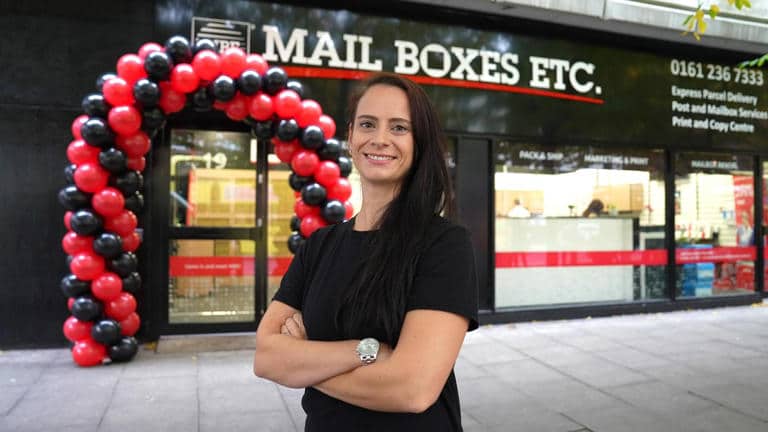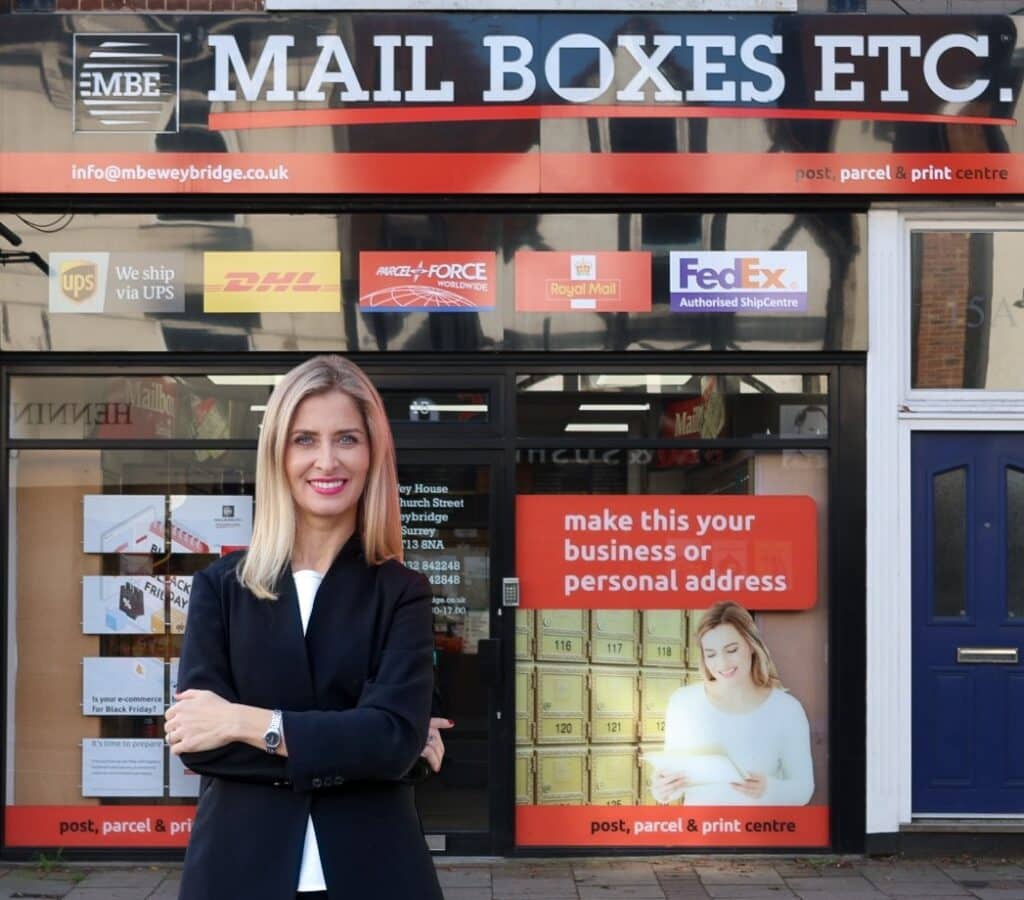
How Mail Boxes Etc. London Ruislip Delivered Two Priceless Antique Books

When two 18th-century navigation books sold for over £35,000 at auction, MBE London Ruislip ensured they arrived safely with precision packing and expert care.
A Trusted Auction Logistics Partner
Adam Partridge Auctioneers in Ruislip turned to long-time logistics partner MBE London Ruislip when they needed to ship two valuable antique books. For over six years, saleroom manager Ridley Partridge has relied on MBE to offer auction buyers an end-to-end, white-glove delivery service locally and worldwide.
Professional Packing for Priceless Books
Franchise partner Chris Mina and his team assessed both items using BS 1133-8 standards, incorporating acid-free materials, double-boxing, and shock-resistant packaging. The books The Principles of Mr Harrison’s Time-Keeper and An Account of the Going of Mr Harrison’s Watch sold for £23,000 and £13,000 respectively. Both were linked to John Harrison’s pioneering 1700s marine chronometers, which revolutionised maritime navigation.
Handled with History in Mind
“We collected the items directly from the auction house to limit handling,” says Chris. “These weren’t just books, they were historical artefacts. Our process uses gloves, acid-free tissue, and environmental buffers to guard against temperature or impact damage.”
Insurance and Compliance Built In
Buyers had added peace of mind with MBE CoverProtect, which insures not only the book value but also packing and shipping costs. MBE also handled customs compliance, including special export licence checks, since the books are over 250 years old.
Not Their First Masterpiece
From rare watches to vintage artwork, MBE London Ruislip has shipped it all. “One of our most valuable consignments was a Patek Philippe watch that sold for around £30,000,” Chris notes.
Expert Advice for Auction Buyers
Chris’s advice to buyers: “Plan ahead. Don’t skimp on packaging. Choose a shipper who knows how to protect both the item and your investment, physically and legally.”
Considering a Franchise Opportunity?
MBE franchisees like Chris Mina play a vital role in delivering expert service with a local touch. If you’re inspired by stories like these and want to build a business with real purpose, consider becoming a franchise partner.
With full training, national brand support, and access to global courier networks, owning an Mail Boxes Etc. centre is a rewarding way to enter the logistics and business services industry.

